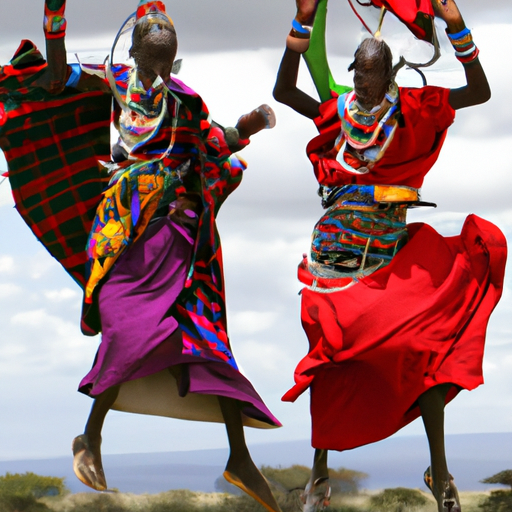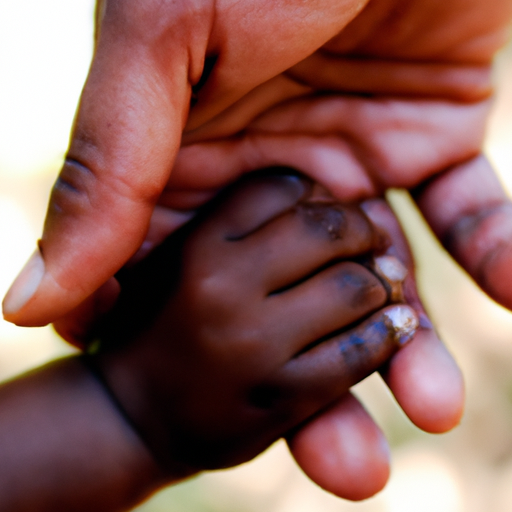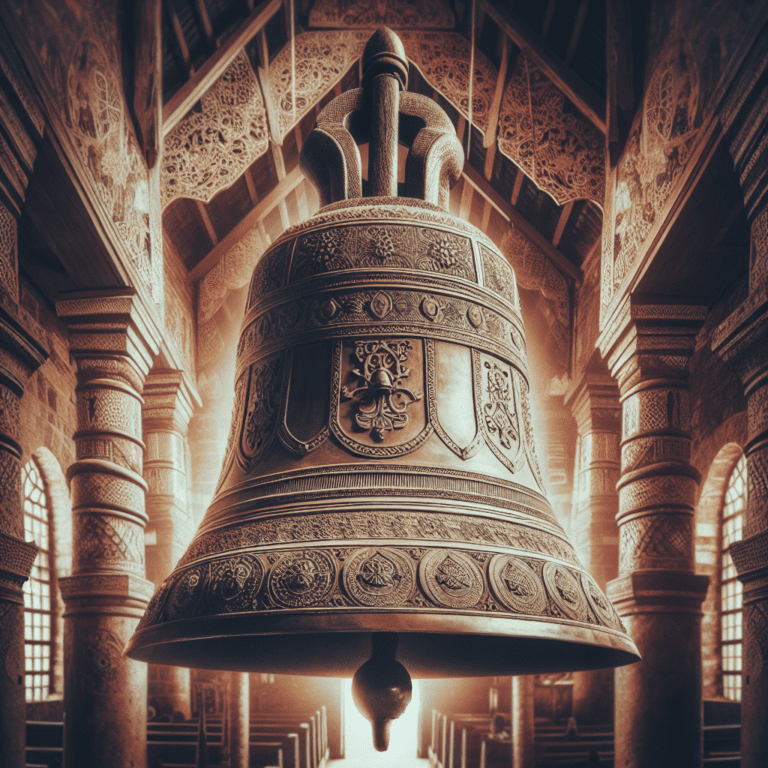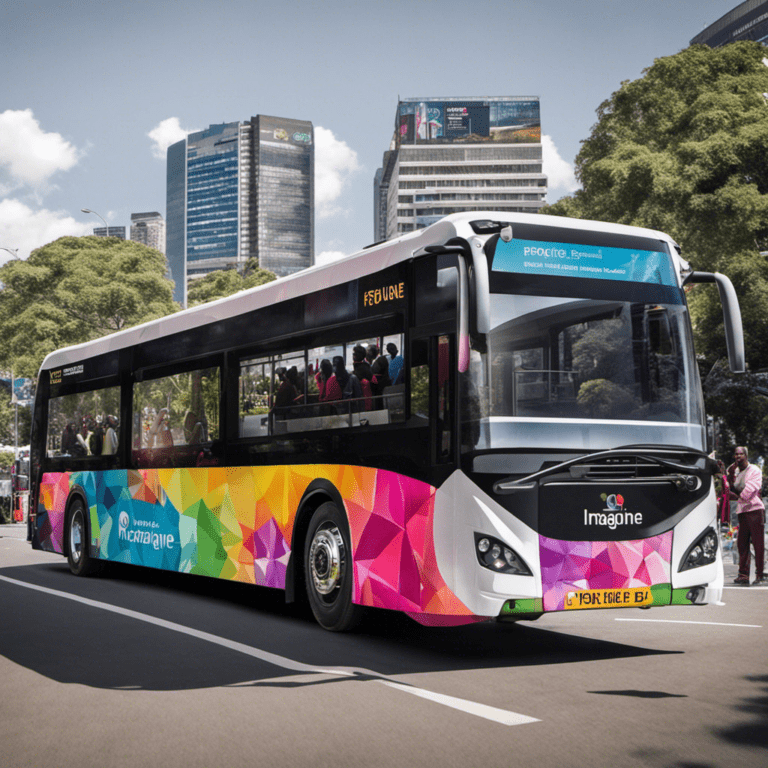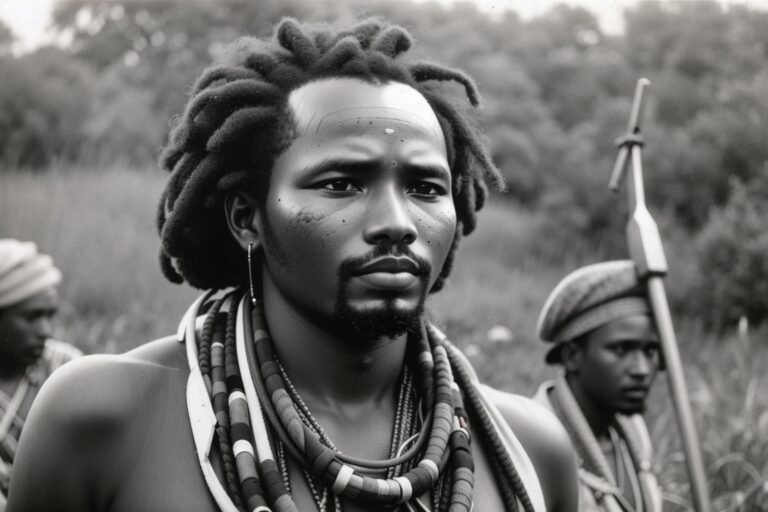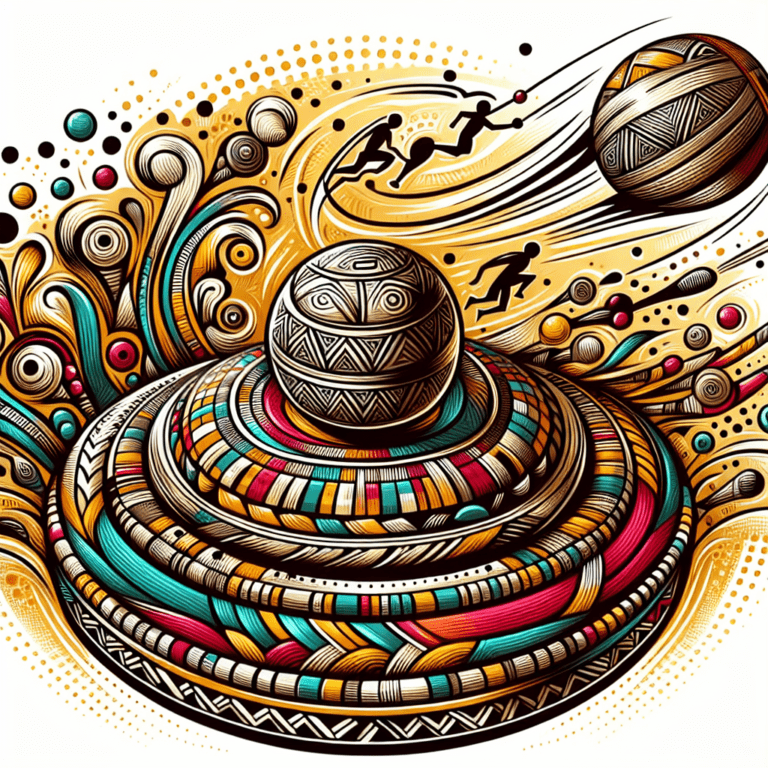What Is The Status Of LGBTQ+ Rights In Kenya?
In this article, we will explore the current status of LGBTQ+ rights in Kenya, shining a light on the ongoing challenges faced by the community. As a country that holds conservative values and actively criminalizes same-sex relationships, it is crucial to examine the legal framework and societal attitudes towards LGBTQ+ individuals. By understanding the unique struggles they encounter in their fight for acceptance and equality, we can gain a deeper insight into the complex landscape of LGBTQ+ rights in Kenya.
Overview of LGBTQ+ Rights in Kenya
Kenya’s LGBTQ+ rights landscape is complex and evolving. The country has a long history of traditional values and cultural beliefs that can contribute to discrimination against individuals who identify as LGBTQ+. However, recent years have seen significant strides towards inclusivity and recognition of LGBTQ+ rights. This article provides an overview of the historical perspective, current legal framework, societal attitudes, and various aspects related to LGBTQ+ rights in Kenya.
Historical Perspective
In Kenya, as in many African countries, LGBTQ+ individuals have faced stigmatization and marginalization for decades. Traditional cultural beliefs that emphasize heteronormativity and the primacy of procreation have contributed to the suppression of LGBTQ+ identities. Historically, same-sex relationships were often regarded as taboo or criminalized, reflecting a lack of acceptance within the broader society.
Current Legal Framework
The legal framework regarding LGBTQ+ rights in Kenya is a complex mix of colonial-era legislation and recent constitutional provisions. Under colonial influence, Kenya adopted anti-homosexuality laws that criminalized same-sex sexual activity. However, the 2010 constitution, which enshrines the principles of equality and non-discrimination, provides a foundation for the protection of LGBTQ+ rights in Kenya.
Societal Attitudes
Societal attitudes towards LGBTQ+ individuals in Kenya vary widely. While there is evidence of growing acceptance and support among younger generations and urban populations, negative perceptions and discrimination persist in many parts of the country. Traditional cultural beliefs, religious teachings, and lack of education contribute to these negative attitudes, often forcing LGBTQ+ individuals to live in secrecy and fear of rejection.
Legal Restrictions and Criminalization
Anti-Homosexuality Laws
Kenya’s legal system includes legislation that criminalizes same-sex sexual activity. Section 162 of the Kenyan Penal Code, inherited from British colonial rule, prohibits “carnal knowledge against the order of nature” and is often used to target LGBTQ+ individuals. This law is broadly interpreted and often employed to criminalize consensual same-sex relationships, reinforcing the stigma and discrimination faced by the LGBTQ+ community.
Punishments and Enforcement
Under Section 162 of the Penal Code, individuals found guilty of engaging in same-sex sexual activity can face up to 14 years in prison. Furthermore, Section 165 of the Penal Code criminalizes “gross indecency” between men, with a maximum penalty of up to 5 years’ imprisonment. The enforcement of these laws is sporadic and largely reliant on public sentiment and local attitudes towards LGBTQ+ individuals.
Arrests and Prosecutions
While precise figures are difficult to ascertain, there have been instances of arrests and prosecutions of individuals based on their sexual orientation or gender identity. Law enforcement agencies sometimes carry out targeted raids, often sparked by anonymous tip-offs or community members reporting LGBTQ+ individuals to the authorities. These discriminatory practices contribute to a climate of fear and marginalization within the LGBTQ+ community.
LGBTQ+ Activism and Organizations
Emergence of LGBTQ+ Rights Movements
In recent years, Kenya has seen the emergence of grassroots LGBTQ+ rights movements, with activists and organizations advocating for equality and the recognition of LGBTQ+ rights. These movements have played a crucial role in raising awareness, challenging societal norms, and pushing for legal reforms to protect and promote the rights of LGBTQ+ individuals.
Prominent Advocacy Groups
There are several notable LGBTQ+ advocacy groups operating in Kenya, including the Gay and Lesbian Coalition of Kenya (GALCK), National Gay and Lesbian Human Rights Commission (NGLHRC), and Ishtar MSM. These organizations work tirelessly to provide legal support, healthcare services, and education to LGBTQ+ individuals and communities, as well as fighting for legal recognition and protection of their rights.
Challenges Faced by Activists
LGBTQ+ activists in Kenya face significant challenges in their pursuit of equality and justice. They often encounter resistance from conservative elements within society, including religious institutions and politicians. Harassment, threats, and intimidation are common tactics employed against advocates, with some facing physical violence or arrests for their activism. The ongoing challenges demand resilience, determination, and unwavering commitment from LGBTQ+ activists.
Healthcare and Discrimination
Access to Health Services
LGBTQ+ individuals in Kenya face barriers when accessing healthcare services due to discrimination and stigma. Many healthcare providers lack cultural competency and understanding of LGBTQ+ identities, resulting in inadequate and sometimes discriminatory treatment. LGBTQ+ individuals may struggle to find healthcare professionals who can effectively address their unique healthcare needs, particularly concerning sexual and mental health.
Discrimination in Healthcare Settings
Discrimination against LGBTQ+ individuals within healthcare settings is a pressing issue in Kenya. They often face judgment and prejudice from healthcare providers, leading to substandard care or refusal of treatment. This discrimination perpetuates health disparities and increases the vulnerability of LGBTQ+ individuals to physical and mental health challenges, including higher rates of HIV and other sexually transmitted infections.
HIV/AIDS and LGBTQ+ Community
The LGBTQ+ community in Kenya, particularly gay and bisexual men, transgender individuals, and sex workers, faces a higher risk of HIV/AIDS. Factors such as limited access to accurate information, discrimination, and a lack of tailored prevention services contribute to this disparity. Addressing the intersecting issues of HIV/AIDS and LGBTQ+ rights is crucial for better healthcare outcomes and the overall well-being of the LGBTQ+ community in Kenya.
Discrimination in Education
Lack of Inclusivity
In educational institutions across Kenya, LGBTQ+ students often face exclusion and discrimination. Many schools lack inclusive policies and curricula that recognize and respect diverse sexual orientations and gender identities. This erasure of LGBTQ+ experiences hinders the personal and academic development of LGBTQ+ students and perpetuates harmful stereotypes and biases.
Bullying and Harassment
Bullying and harassment of LGBTQ+ students are prevalent in Kenyan schools. LGBTQ+ students experience verbal, physical, and emotional abuse, leading to increased rates of absenteeism, mental health problems, and even suicide attempts. The absence of supportive environments and inadequate policies to address discrimination exacerbates these issues and prevents LGBTQ+ students from accessing quality education.
Support for LGBTQ+ Students
Despite the challenges, some schools and educational institutions in Kenya are taking steps to create inclusive and supportive environments for LGBTQ+ students. LGBTQ+ student associations and support groups have emerged, providing safe spaces and resources. However, broader societal acceptance and comprehensive policy reforms are essential to achieving lasting change and ensuring the rights of LGBTQ+ students are protected.
Religion and LGBTQ+ Rights
Religious Beliefs and LGBTQ+ Acceptance
Religion plays a significant role in shaping attitudes towards LGBTQ+ individuals in Kenya. Many religious teachings and beliefs within the country condemn same-sex relationships, often viewing them as immoral or against divine creation. However, there are also progressive religious voices advocating for equality and inclusivity, engaging in dialogue to challenge traditional interpretations and promote acceptance of LGBTQ+ individuals.
Role of Religious Institutions
Religious institutions in Kenya have varying stances when it comes to LGBTQ+ rights. Some denominations actively promote discrimination and condemnation, while others offer safe spaces for LGBTQ+ individuals or engage in advocacy for their rights. The influence and social standing of religious institutions can sway public opinion and impact the progress of LGBTQ+ rights in Kenya.
Intersections of Faith and Activism
The intersection of faith and activism is a critical aspect of the LGBTQ+ rights movement in Kenya. LGBTQ+ activists are engaged in interfaith dialogues and religious advocacy, seeking to highlight the compatibility of LGBTQ+ identities with religious teachings and values. By challenging discriminatory interpretations of religious texts, activists work towards fostering understanding, acceptance, and inclusion within faith communities.
Media Representation and Public Discourse
Portrayal of LGBTQ+ Individuals
Media representation of LGBTQ+ individuals in Kenya is often limited and prone to negative stereotypes or sensationalization. Rarely are LGBTQ+ individuals shown in a diverse and authentic manner, perpetuating harmful misconceptions and biases. The lack of positive representation has consequences for public perception and can reinforce discrimination and prejudice towards the LGBTQ+ community.
Journalism Ethics and Reporting
Responsible and ethical journalism is vital when reporting on LGBTQ+ issues. Journalists have a responsibility to accurately inform the public, challenge stereotypes, and promote understanding. However, in many cases, reporting on LGBTQ+ issues in Kenya lacks sensitivity and perpetuates harmful narratives, undermining efforts to challenge discriminatory attitudes.
Social Media and Online Communities
Social media and online platforms have provided new avenues for LGBTQ+ individuals in Kenya to connect, find support, and share their stories. Online communities have been instrumental in fostering solidarity, raising awareness, and challenging societal attitudes towards LGBTQ+ individuals. However, online spaces can also be fraught with abuse and threats, requiring continued efforts to create safe and inclusive digital environments for the LGBTQ+ community.
International Influences and Aid
Global LGBTQ+ Rights Movements
Global LGBTQ+ rights movements have played a significant role in influencing and supporting LGBTQ+ advocacy in Kenya. Solidarity between international organizations and local activists has facilitated the exchange of knowledge, resources, and strategies to advance LGBTQ+ rights. International movements have helped amplify the voices of LGBTQ+ activists in Kenya, providing a global platform for their advocacy.
Foreign Aid and Pressure
Foreign aid and pressure from international governments and organizations have also influenced the LGBTQ+ rights landscape in Kenya.


